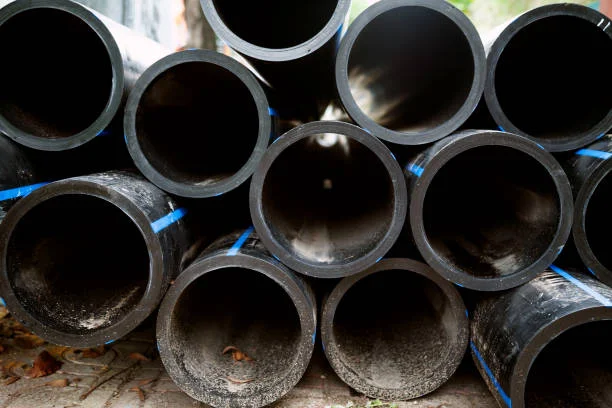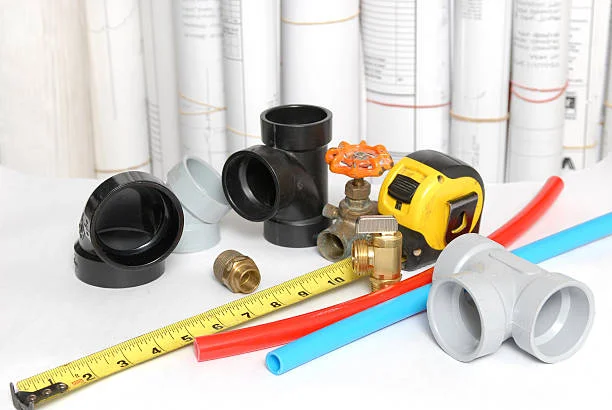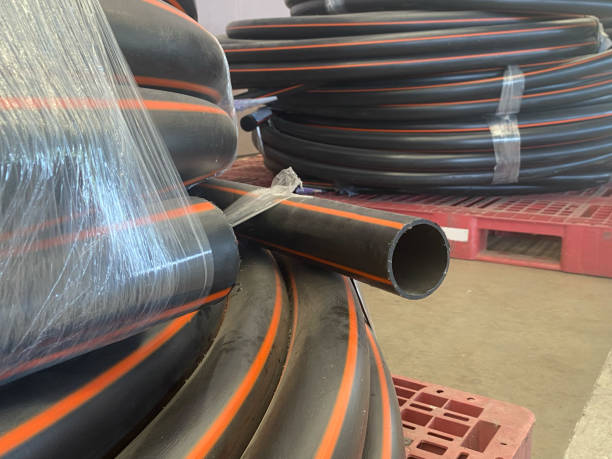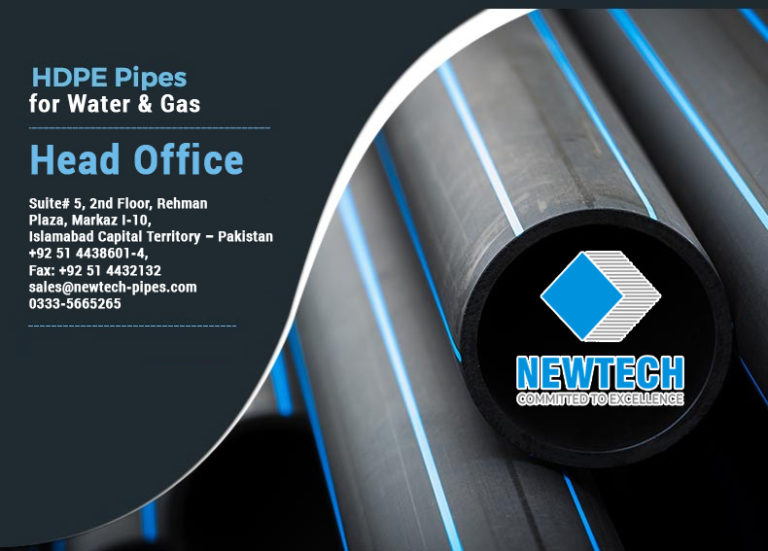HDPE Pipes
HDPE Pipe for water and gas is a type of flexible plastic pipe. HDPE is High-Density Polyethylene. HDPE Pipes are used in a variety of applications such as construction, the car industry, and more. HDPE pipes are known for their durability, flexibility, and resistance to breaks.
HDPE pipes for water and gas are also less likely to be damaged from ground movement. HDPE pipe is an ideal choice for water and Gas Supply.
HDPE Pipe for Water and Gas
HDPE pipe could also be a kind of flexible plastic pipe used for water and gas transfer and is typically used to replace aging concrete or steel mains pipelines. Produced using the thermoplastic HDPE (high-thickness polyethylene), its undeniable degree of impermeability and incredible atomic bond make it reasonable for top pressing factor pipelines.
HDPE pipes are utilized in an assortment of ventures, including development and car. Its lightweight, adaptable properties make it perfect for a wide range of uses. HDPE pipe is impervious to breaks and is normally less inclined to harm from ground movement. These characteristics make HDPE well-suited for water and gas pipelines.
Is HDPE Pipe safe for water?
Studies show that HDPE pipes are okay for consumable water applications and WL Plastics’ items are confirmed by NSF on a yearly premise. Sanitizers, for example, chlorine and chloramine are upheld to be utilized in HDPE pipes.

Advantages and disadvantages of HDPE Pipe for water and gas
HDPE Advantage
Advantage HDPE Include
• HDPE doesn’t erode
• Instrument Air
• Fire Water
• Steam Condensates and Blow Down
• Crude Water
• Interaction Water
• Withstands freezing water better compared to standard metal channeling
• Frozen water won’t break or break HDPE pipe
• Withstands exhaustion and floods
• safer due to working pressing factor capacities
• Butt melded joints kill the need for push blocks
• Conveys long haul economy, worth, and reliability
• Erosion obstruction
• Substance obstruction
• Non-poisonous
• Long life
• Sturdiness
• Effect Strength
• Light Weight
• Lower Installation cost
• Simple Flow
• Simple and Economical transportation

Disadvantages of HDPE Pipes
The Disadvantages of HDPE Include
• Poor Weathering.
• Exceptionally Flammable.
• Delicate to Stress Cracking.
• No Biodegradable.
• Not Resistant to Oxidizing Acids.
• Not Resistant to Chlorinated Hydrocarbons.
• High Thermal Expansion
Application:
• Compact water dissemination and mechanical use
• Sewerage
• Sprinkler water system
• PLB Ducts
• Vaporous fuel
• Transport of palatable oils, natural product mash also squeezes milk and saline water. Nonpoisonous and food grade.
• StreamLine water system; lift water system, Suction/Delivery of siphons, Siphons, Tube-well Pipes, Water supplies, Pesticide splashing framework, and Drip Irrigation.
• Long lifetime of Pipes (as long as 50 years), Corrosion obstruction, Much Lighter than metal lines making transportation and collecting simpler.
What are HDPE pipe particulars?
HDPE (high-density polyethylene) pipe will have a base thickness of 0.955 grams per cubic centimeter. All HDPE lines and fittings will have a Hydrostatic Design Basis (HDB) of 1,600 psi. fulfilling the necessities of Guideline Dimension Ration (SDR) 17 as MINIMUM STRENGTH.
Which is more grounded HDPE or PVC?
HDPE is a milder, more bendable plastic, making HDPE pipe more appropriate for lower pressure, and tight bowing range circumstances. Then again, PVC is a lot more grounded and stiffer material, which is the reason PVC pipes are all the more broadly utilized for direct entombment and trenchless establishments

In the realm of water and gas supply systems, HDPE pipes offered by Newtech Pipes stand out as a testament to modern engineering excellence. These pipes, made from high-density polyethylene, boast superior durability, corrosion resistance, and versatility, making them the ideal choice for a wide range of applications. Whether for water distribution or gas transmission, Newtech’s HDPE pipes ensure seamless operation, with their smooth interior facilitating the efficient flow and their resistance to corrosion ensuring long-term reliability. With a commitment to quality and innovation, Newtech Pipes continues to be a trusted partner in the development of robust and sustainable infrastructure projects worldwide.
HDPE Pipes Usefor Water And Gas Supply
HDPE is a Type 2 plastic generally utilized in making holders for milk, engine oil, shampoos and conditioners, cleanser containers, cleansers, and dyes.


